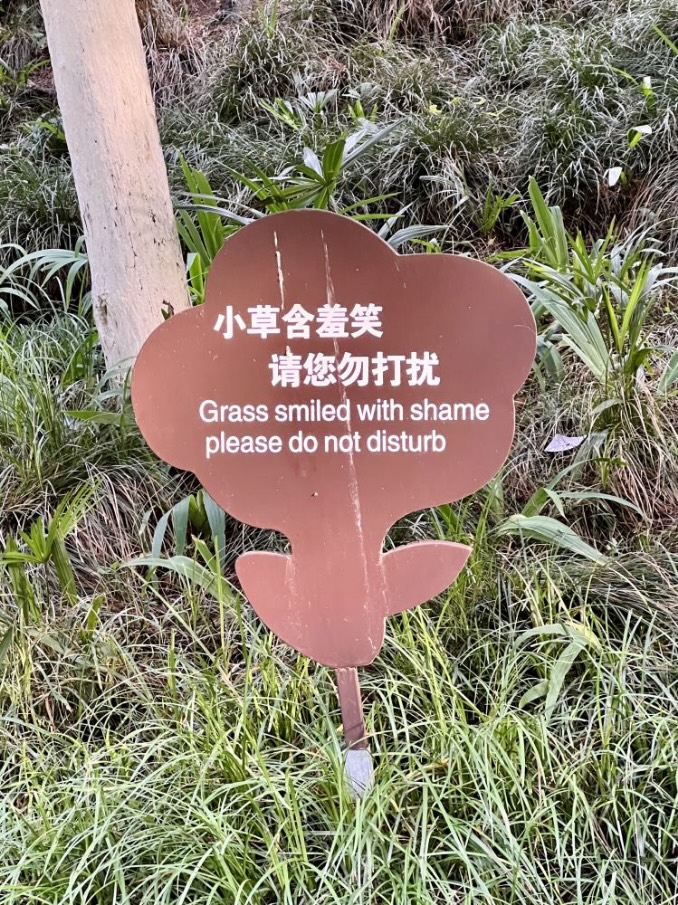In preparation for my run across Nebraska during the month of June, I'm boning up on the land, culture, and history of the state. It wasn't long in my researches before I encountered the esteemed writer Marie Sandoz (1896-1966). Hers is one of the most touching stories about a writer, nay, a human being, that I have ever read. She has much to tell us about her language background and preferences, and how she had to struggle with her publishers to retain them in the face of standardization.
She became one of the West's foremost writers, and wrote extensively about pioneer life and the Plains Indians.
Marie Susette Sandoz was born on May 11, 1896 near Hay Springs, Nebraska, the eldest of six children born to Swiss immigrants, Jules and Mary Elizabeth (Fehr) Sandoz. Until the age of 9, she spoke only German. Her father was said to be a violent and domineering man, who disapproved of her writing and reading. Her childhood was spent in hard labor on the home farm, and she developed snow blindness in one eye after a day spent digging the family's cattle out of a snowdrift.
Read the rest of this entry »




